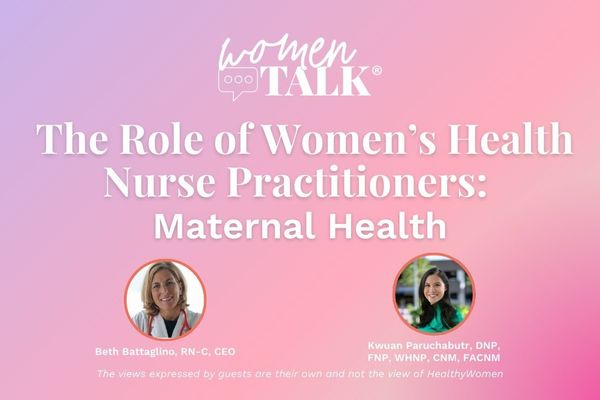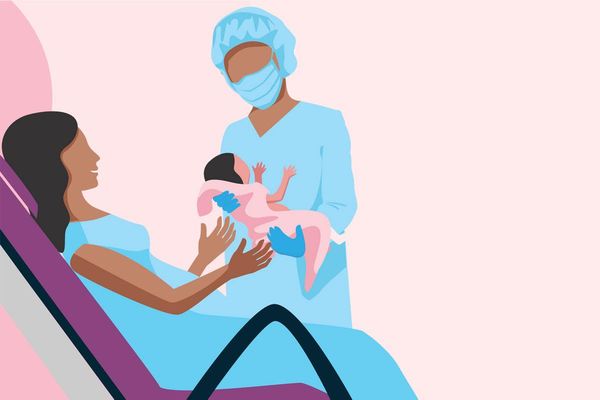Here is a brief overview of the professionals who may be involved in your prenatal care and, in some instances, delivery. Studies find that care provided by midwives, family physicians and obstetricians is equally effective, although women are slightly more satisfied with care from midwives and family physicians.
Obstetrician. Look for a physician who is board-certified in obstetrics/gynecology. That means your doctor completed four years of medical school, four years of residency and passed a tough exam. Ob-gyns are also trained surgeons, able to perform a cesarean section if necessary. Make sure the doctor you choose has privileges at the hospital or birthing center at which you plan to deliver. Some obstetricians specialize in high-risk pregnancies.
Best for: Women who are most comfortable with physician care; those who have health problems, previous pregnancy-related complications or the risk of problems with this pregnancy.
Maternal/fetal medicine specialist. If you're having a multiple pregnancy, have existing health problems or you or your baby develop complications during the pregnancy, your obstetrician may refer you to this specialist, also called a perinatologist. Perinatologists are like super-obstetricians. In addition to the typical training to become an OB, they complete a fellowship in treating women with various pregnancy-related complications.
Best for: Women who are having multiple babies (usually triplets or higher); who have existing medical problems that could affect the pregnancy or fetus; or who had significant problems with earlier pregnancies.
Family physician. Family physicians specialize in treating the entire family, from newborns to the elderly. They complete a three-year residency after graduating from medical school and are trained in prenatal care and delivery. Make sure your doctor is board certified in family medicine.
Best for: Women who are most comfortable with physician care and who expect a low-risk pregnancy and delivery.
Midwife. Midwives typically care for women with low-risk pregnancies. They can provide prenatal care and deliver babies, usually in hospitals or birthing centers, although some do home deliveries. They offer flexible, individualized care with as little medical intervention as possible. Look for a midwife certified by the American College of Nurse Midwives. They must graduate from a nationally accredited education program, pass a rigorous national certification exam and be licensed to practice in their state.
Best for: Women with no medical problems who expect to have a healthy pregnancy and delivery and prefer as little medical intervention as possible.
Doula. Doulas are specially trained individuals (usually women) who help care for the emotional needs of women during childbirth. Postpartum doulas help families transition into their new roles in the days and weeks after giving birth.
Best for: Women who want additional support in the delivery room.
Lactation consultant. Lactation consultants are specially trained to help women with breastfeeding issues. Most are nurses. They work in hospitals, pediatric offices, public health clinics and private practice.
Best for: Women who plan to breastfeed.







